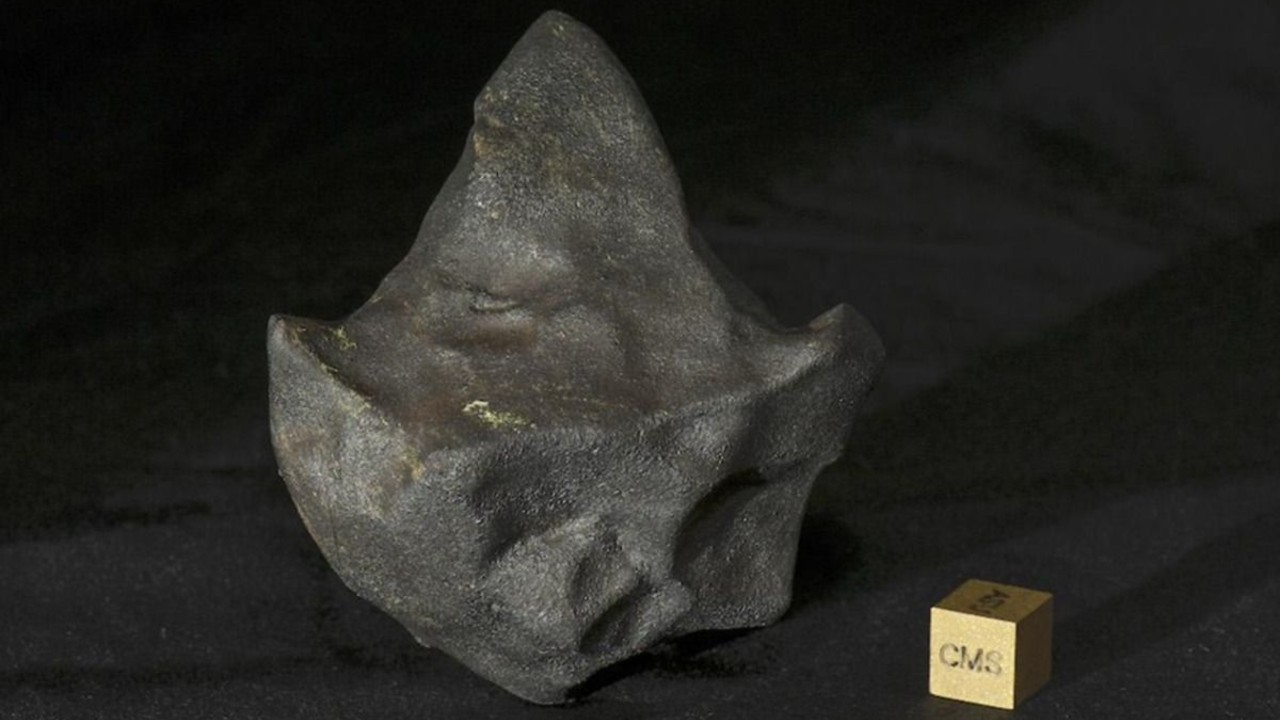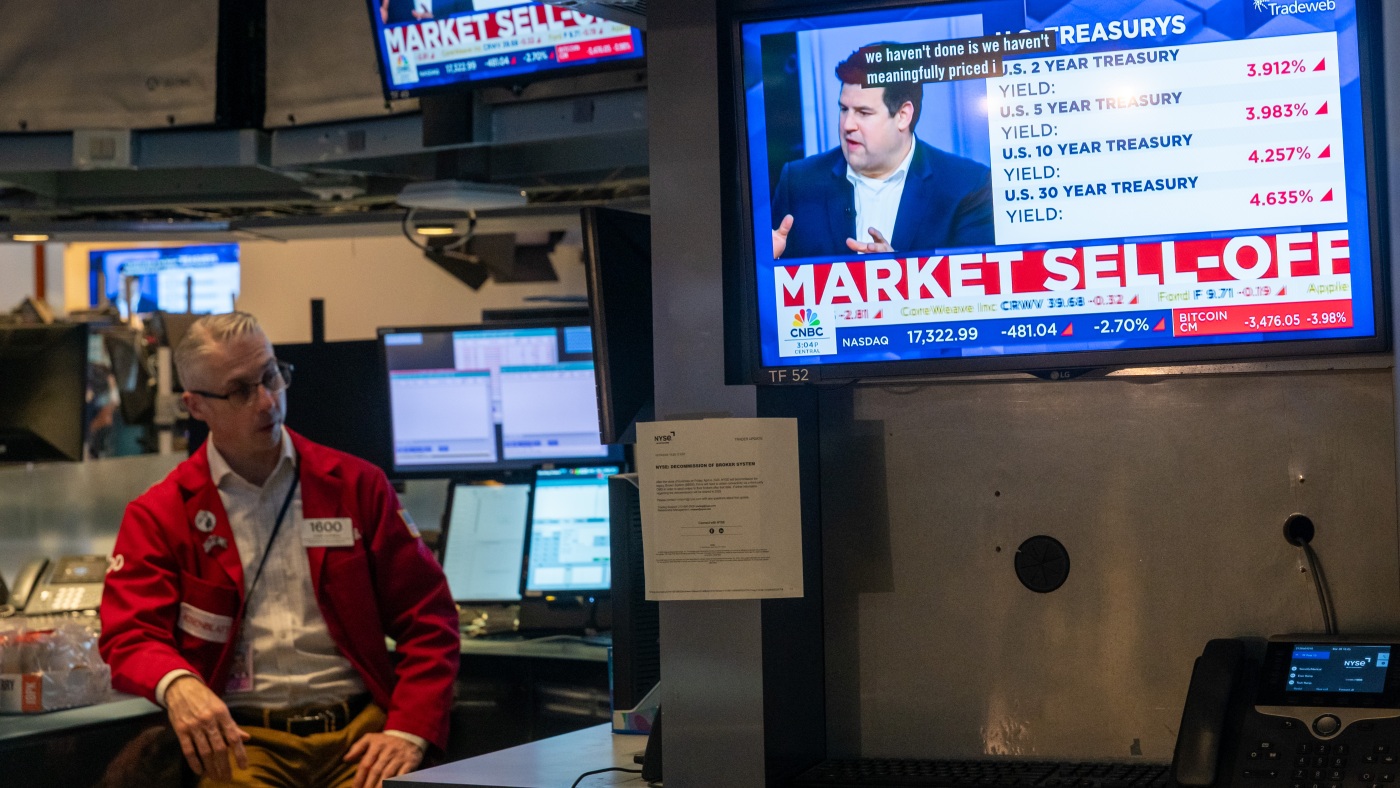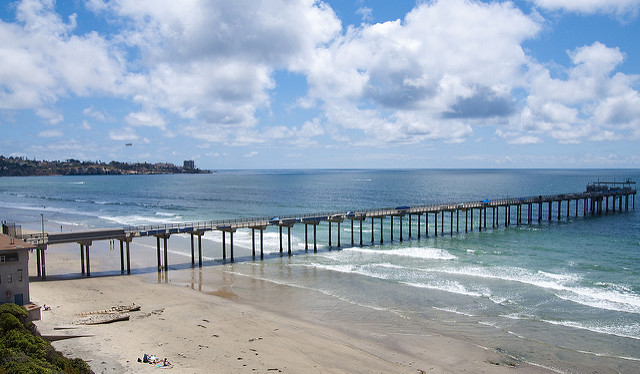Swahili? Mandarin? The UK is increasingly multilingual – yet our politicians won’t talk about it | Laura Spinney
Even the census ignores them, but multilinguals could hold the key to Britain’s social and economic futureLaura Spinney is a science journalist and the author of Proto: How One Ancient Language went GlobalAs the chancellor searches for ways to stimulate growth, here’s a reminder to her – on the International Day of Multilingualism – that she’s sitting on a huge pot of gold. In 2014, the all-party parliamentary group on modern languages estimated that the UK’s untapped linguistic potential was worth£48bn. It’s £8bn more than Reeves added to the tax bill last year, and if anything it has grown, since Brexit has re-oriented “global Britain” towards customers beyond Europe. Ask any native English speaker who trades internationally: if you’re buying, English will do, but if you’re selling, better to speak the client’s tongue.The UK’s language teaching has been in steady decline for 30 years, and a big cause is a lack of qualified language teachers. That’s one reality. Another is that, over the same period, the country has become more linguistically diverse. It has an expanding pool of fluent bilinguals, sometimes multilinguals, who are being ignored – their other languages in some cases stigmatised. Often, those languages are native to regions our post-Brexit businesses would dearly love to sell to.Laura Spinney is a science journalist and the author of Proto: How One Ancient Language went Global and Pale Rider: The Spanish Flu of 1918 and How it Changed the World Continue reading...

Even the census ignores them, but multilinguals could hold the key to Britain’s social and economic future
- Laura Spinney is a science journalist and the author of Proto: How One Ancient Language went Global
As the chancellor searches for ways to stimulate growth, here’s a reminder to her – on the International Day of Multilingualism – that she’s sitting on a huge pot of gold. In 2014, the all-party parliamentary group on modern languages estimated that the UK’s untapped linguistic potential was worth£48bn. It’s £8bn more than Reeves added to the tax bill last year, and if anything it has grown, since Brexit has re-oriented “global Britain” towards customers beyond Europe. Ask any native English speaker who trades internationally: if you’re buying, English will do, but if you’re selling, better to speak the client’s tongue.
The UK’s language teaching has been in steady decline for 30 years, and a big cause is a lack of qualified language teachers. That’s one reality. Another is that, over the same period, the country has become more linguistically diverse. It has an expanding pool of fluent bilinguals, sometimes multilinguals, who are being ignored – their other languages in some cases stigmatised. Often, those languages are native to regions our post-Brexit businesses would dearly love to sell to.
Laura Spinney is a science journalist and the author of Proto: How One Ancient Language went Global and Pale Rider: The Spanish Flu of 1918 and How it Changed the World Continue reading...
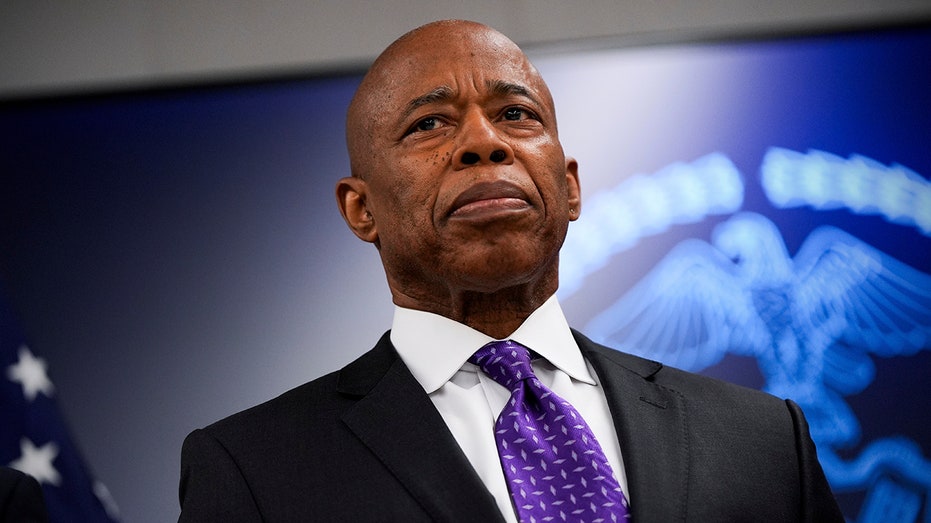
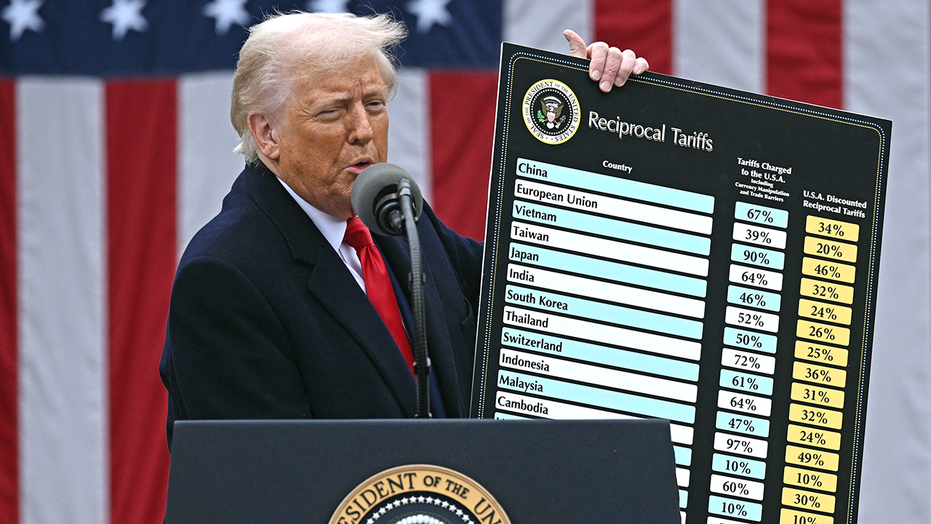



















_Hanna_Kuprevich_Alamy.jpg?#)












